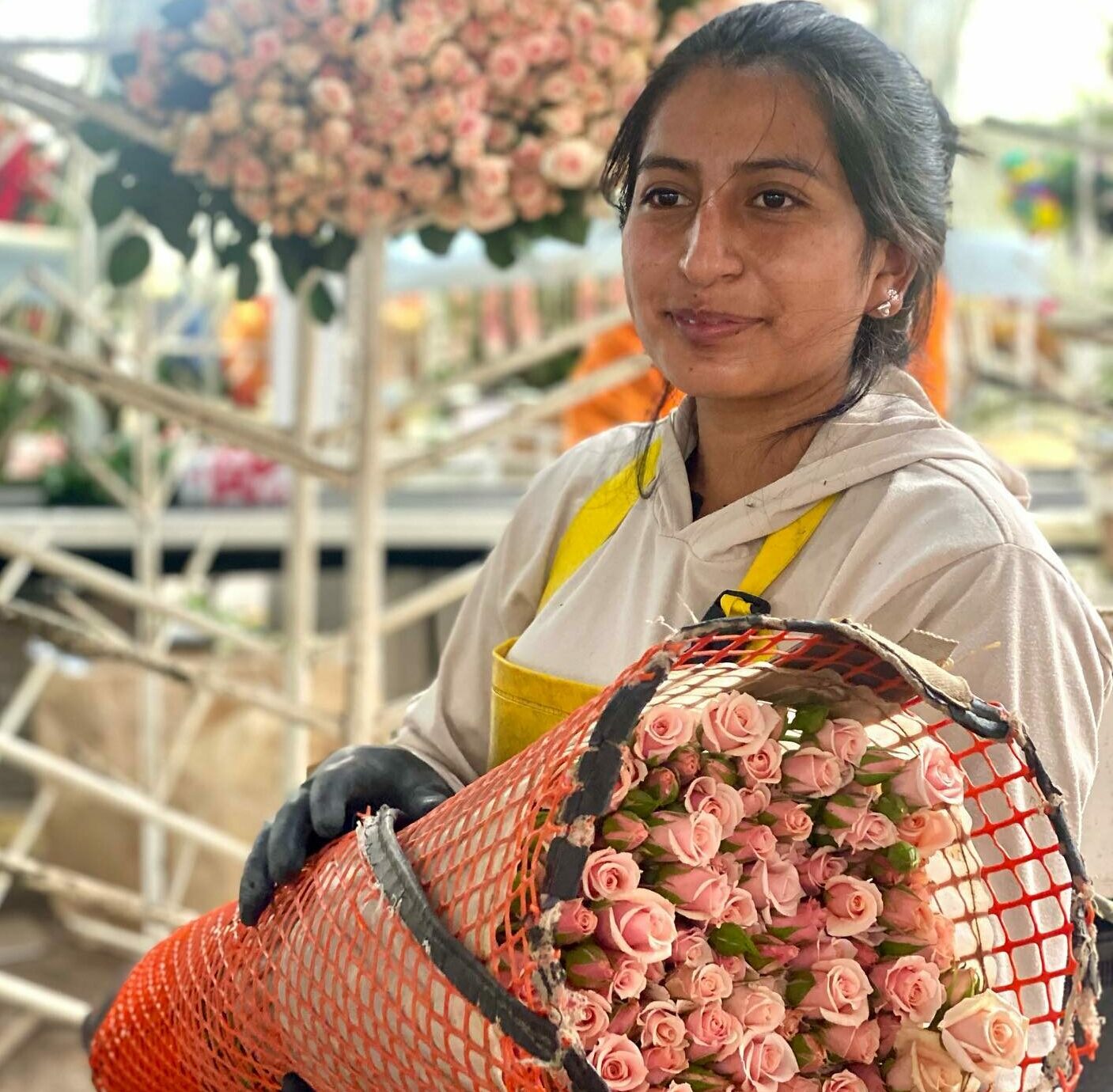Sustainable Floristry Movement Takes Root as Ocean Plastic Crisis Deepens
The floristry industry shifts towards sustainability to combat plastic pollution, pioneering environmental solutions and holistic supply chains.

The floristry industry is experiencing a remarkable shift towards environmental responsibility, as mounting concerns over plastic pollution drive innovative approaches to sustainable practices. While flowers themselves symbolise nature’s beauty, the industry has historically contributed up to 100,000 tonnes of plastic waste annually, prompting forward-thinking businesses to pioneer new solutions for this pressing environmental challenge.
The Hidden Environmental Cost of Beautiful Blooms
Traditional floristry’s environmental impact extends far beyond what meets the eye. According to a 2022 OECD report, merely nine per cent of plastic waste worldwide gets recycled, with the majority ending up in landfills. The light, flimsy nature of flower packaging makes it particularly susceptible to being carried by wind into rivers and oceans, exacerbating the marine pollution crisis.
‘Some of the Earth’s most precious natural landscapes are getting choked with cheap, never-biodegrading plastic refuse’, explains Jeremy Porter, president of ocean cleanup organisation Tidey. ‘Our organisation is committed to empowering both individuals and local communities in plastic-suffocated regions to put plastic in its proper place and keep nature as pure as it was always meant to be’.
Pioneering Plastic Neutrality in Floristry
Progressive floral companies are now taking decisive action to address this environmental challenge. One notable initiative comes from Del Alma Group, which has implemented a comprehensive plastic neutrality programme. For every pound of plastic used in their operations, they ensure an equivalent amount is collected and recycled from oceans, rivers and coastal communities.
This approach has yielded significant results, with over 50,000 pounds of plastic removed from marine environments. Moreover, the initiative has generated approximately 1,000 fair-pay workdays for individuals experiencing poverty in Guatemala, demonstrating how environmental solutions can simultaneously address social challenges.
The Rise of Sustainable Supply Chains
Environmental responsibility in floristry extends beyond plastic management to encompass entire supply chains. Research shows that traditional floristry faces multiple environmental challenges, including the use of synthetic fertilisers, pesticides and non-biodegradable packaging materials.
Progressive businesses are responding by partnering with growers who embrace wholesome and holistic approaches. These partnerships often involve multi-generational farming families who understand the delicate balance between commercial success and environmental stewardship. For instance, Del Alma works with an Ecuadorian collective that cultivates more than 250 flower varieties whilst maintaining strict environmental standards.
Creating Meaningful Environmental Impact
‘We’ve worked hard to be pioneers of the sustainability standard for floral companies around the world’, notes Noam Temkin, Co-Founder of Del Alma Group. This pioneering spirit is increasingly necessary, as experts predict that without significant intervention, 99 million tonnes of plastic waste could enter our oceans by 2030.
The Future of Sustainable Floristry
The movement towards sustainable floristry represents more than just environmental consciousness – it’s a fundamental reimagining of how the industry operates. By addressing plastic pollution whilst creating employment opportunities in vulnerable communities, progressive floral companies are demonstrating that commercial success and environmental responsibility can flourish together.
These initiatives are particularly timely given that research indicates the yearly economic costs of ocean plastic pollution range between $6-19 billion USD, impacting tourism, fisheries and aquaculture. Through plastic neutrality programmes and sustainable supply chain practices, the floristry industry is not just reducing its environmental footprint – it’s actively contributing to the solution.
As consumer awareness grows and environmental pressures mount, the future of floristry lies in such holistic approaches that protect our oceans whilst preserving the industry’s ability to share nature’s beauty with the world. The success of early adopters suggests that sustainable practices will increasingly become the standard rather than the exception in the years ahead.
Do you want to share your story and inspire our readers ? Make The GOOD NEWS with us . Let’s start paving the way for a fairer, happier society together!





